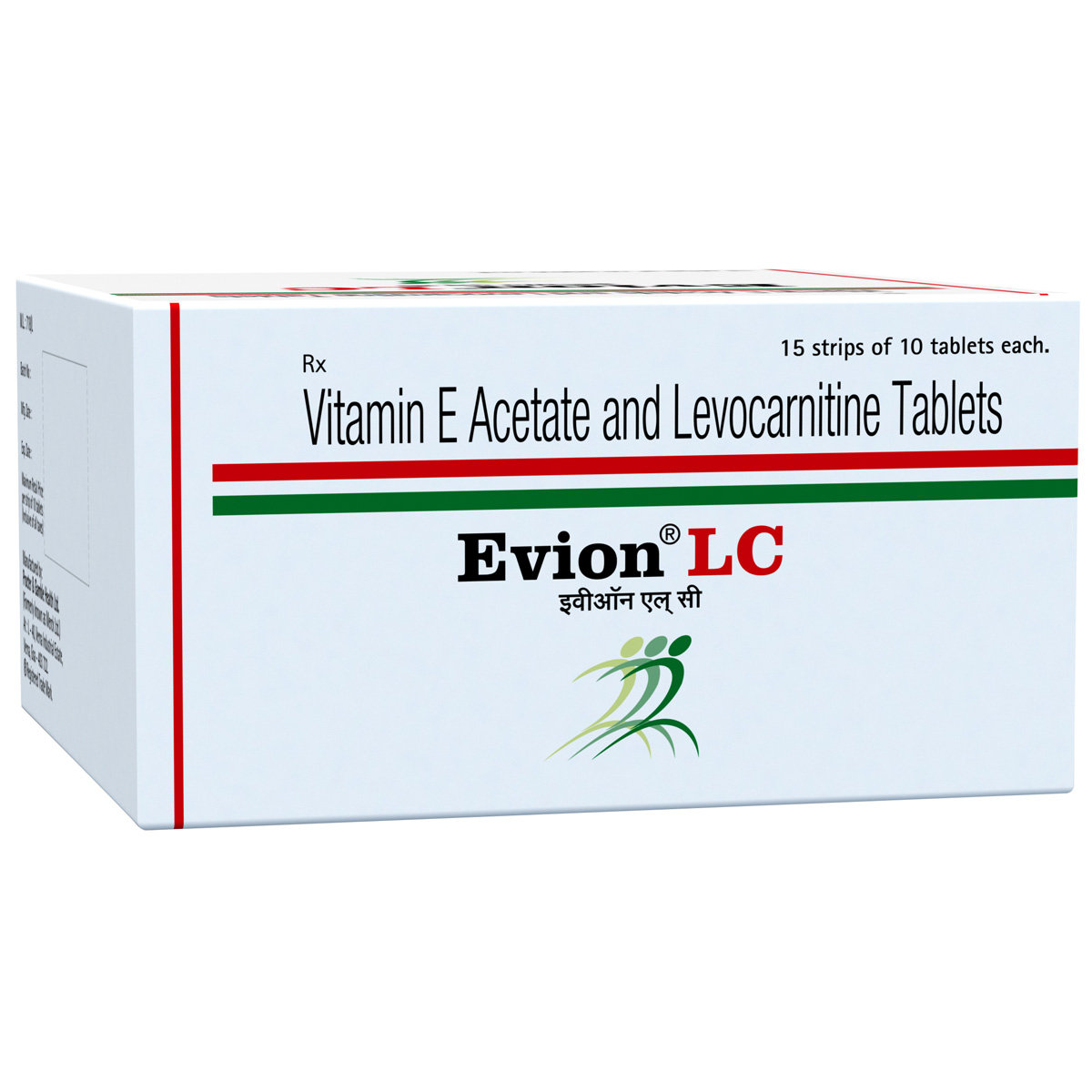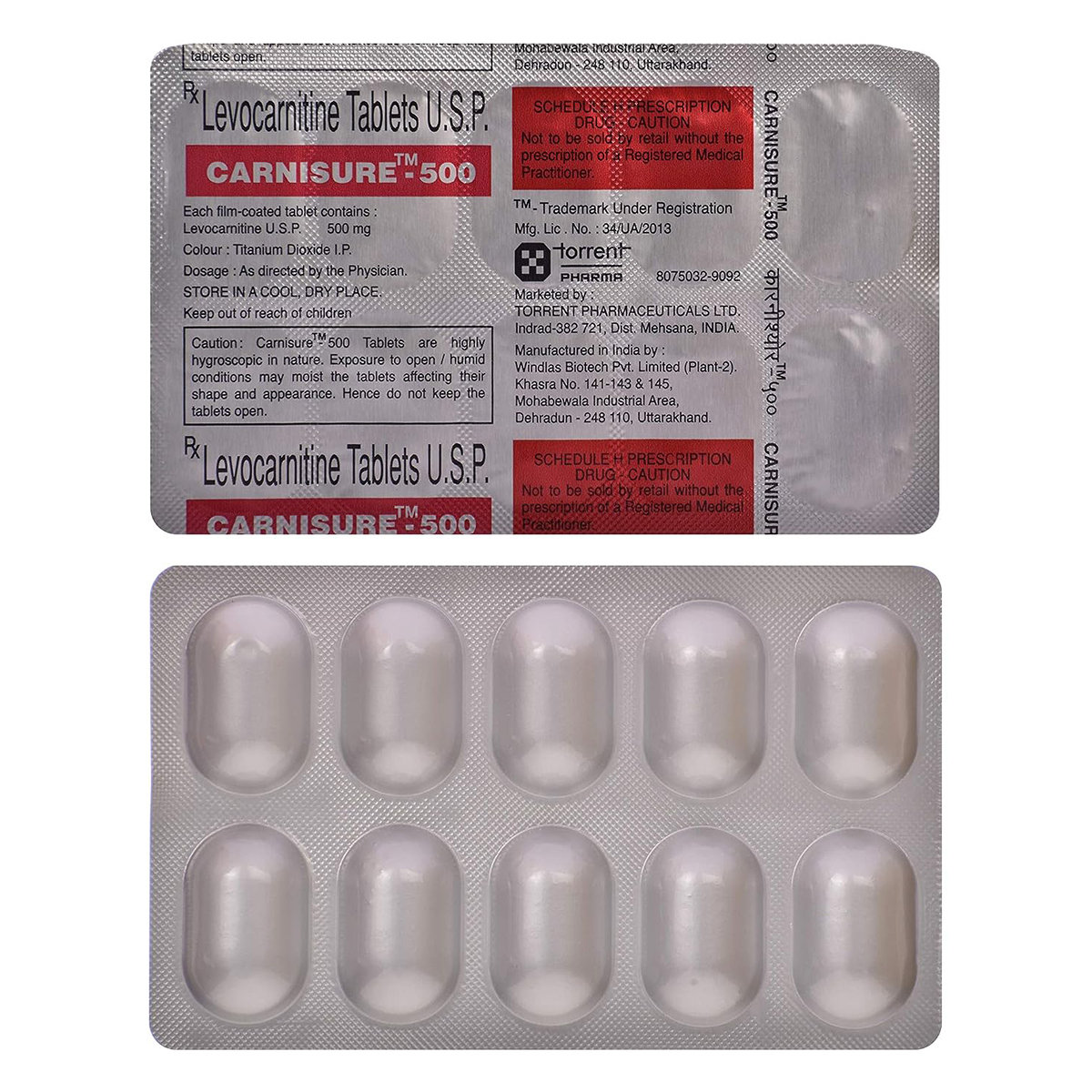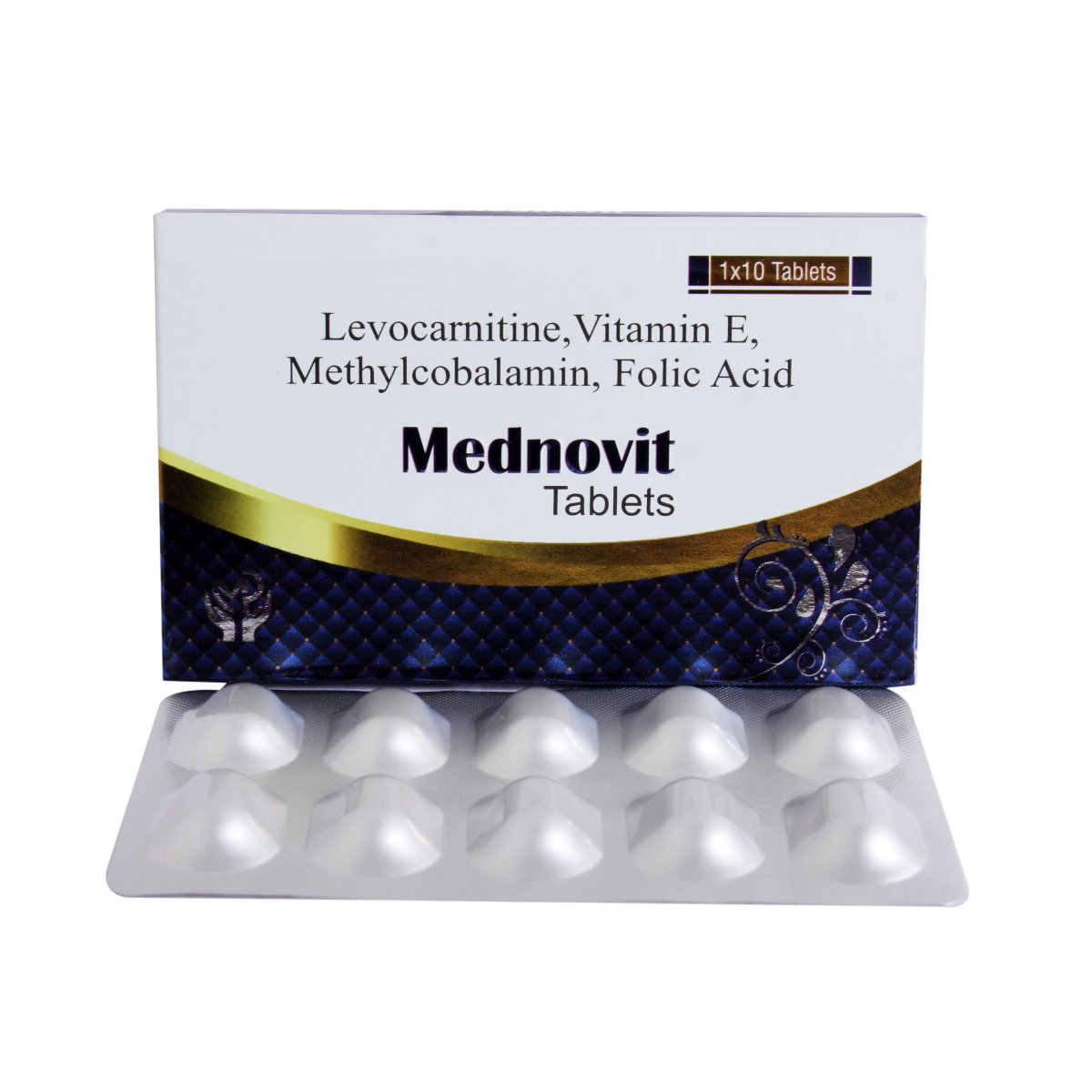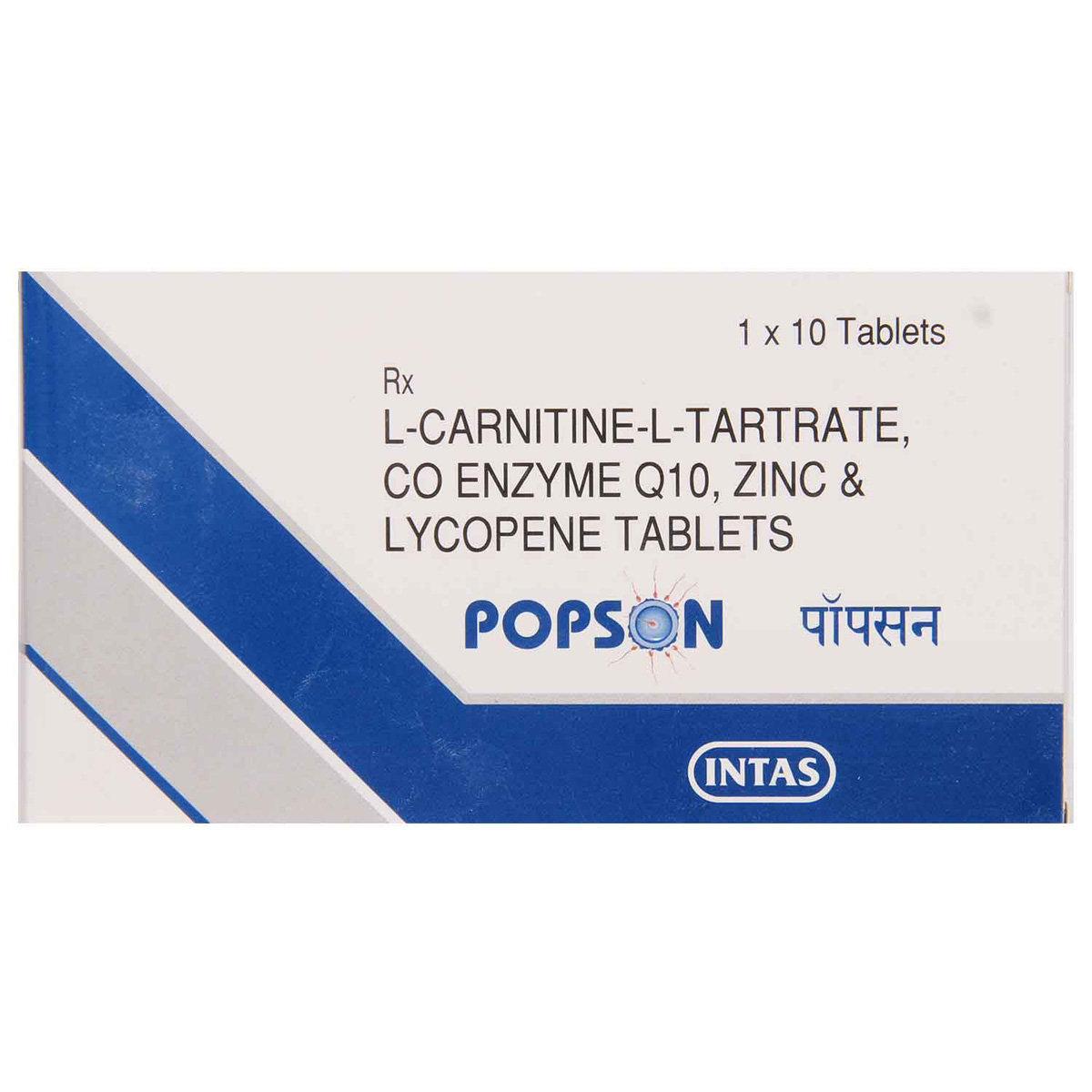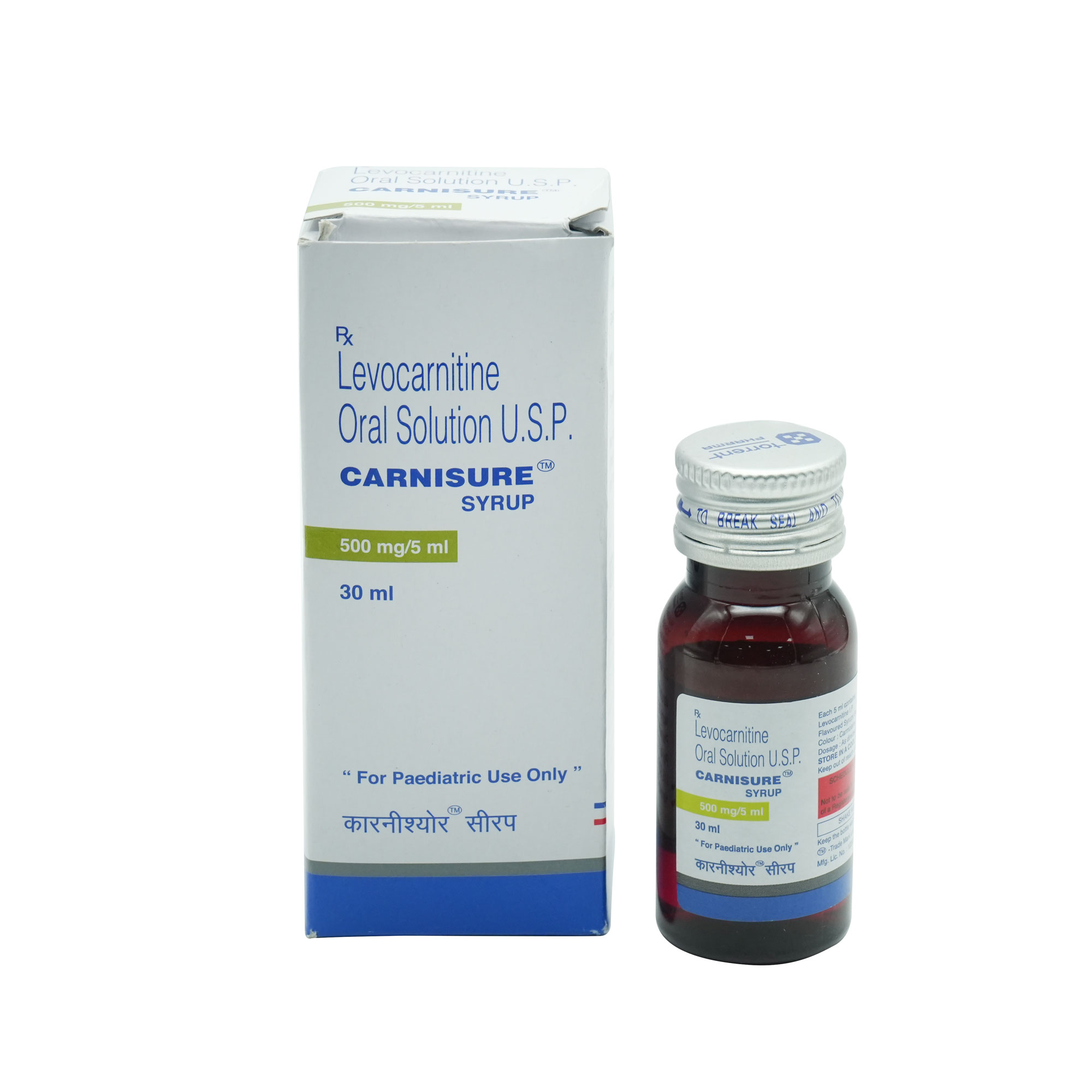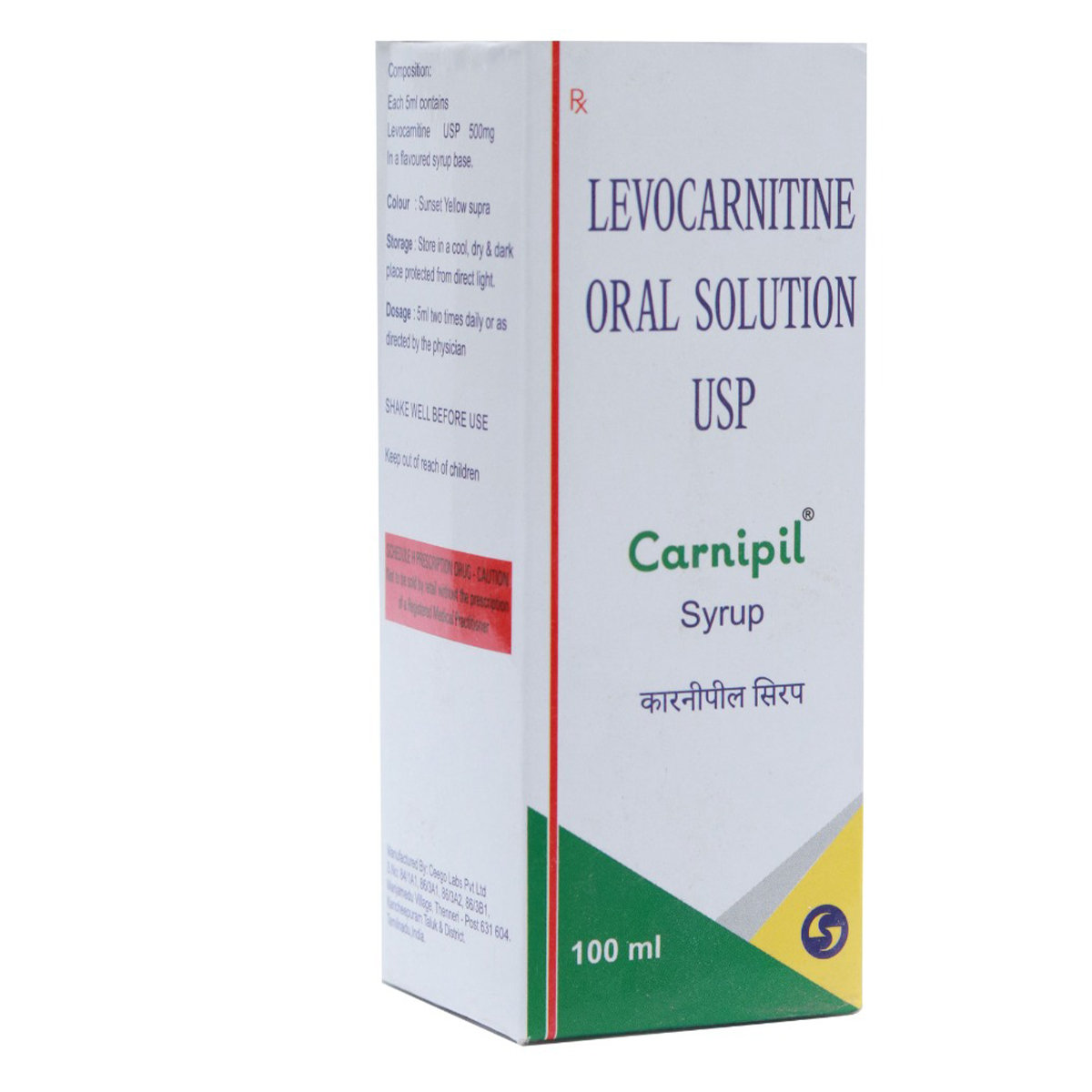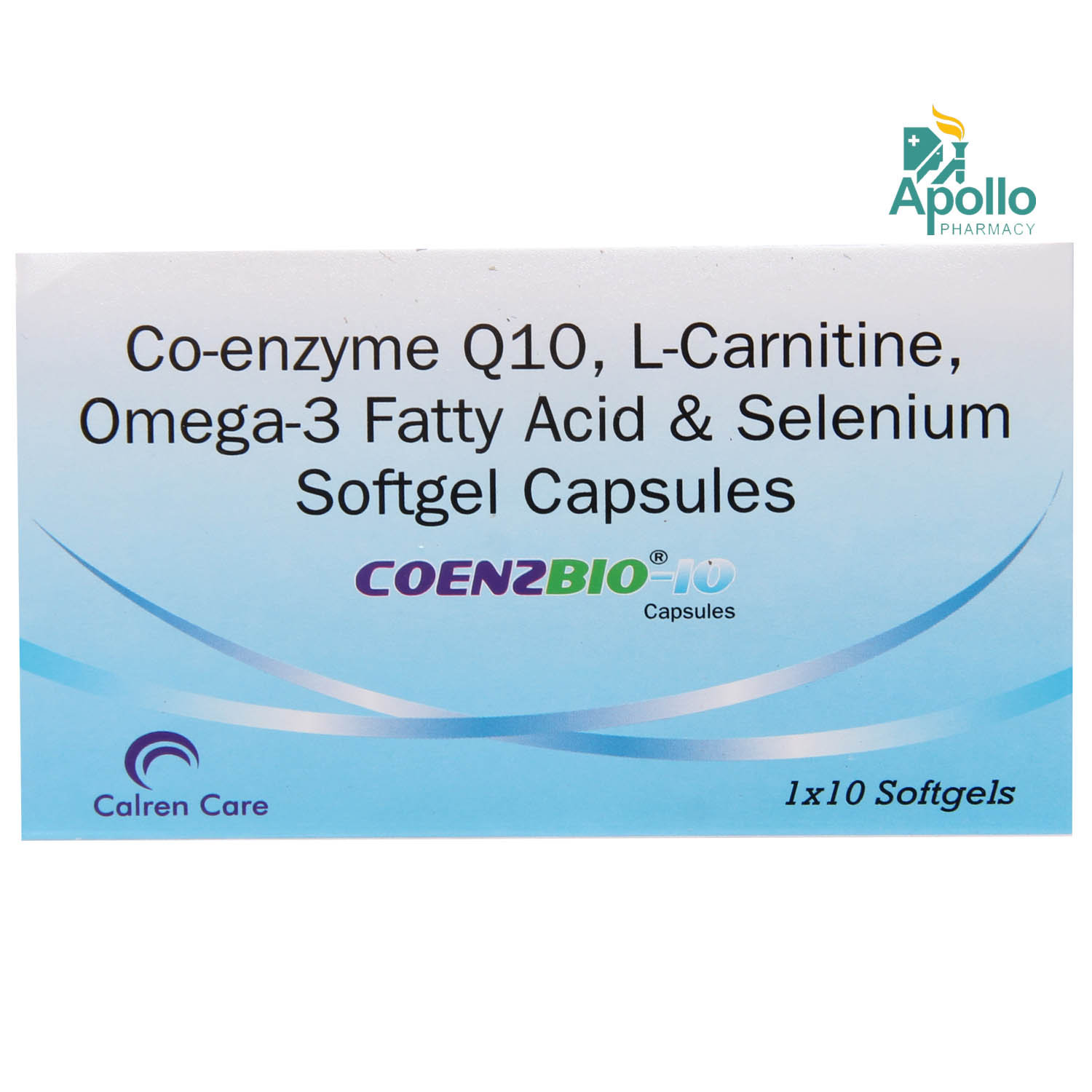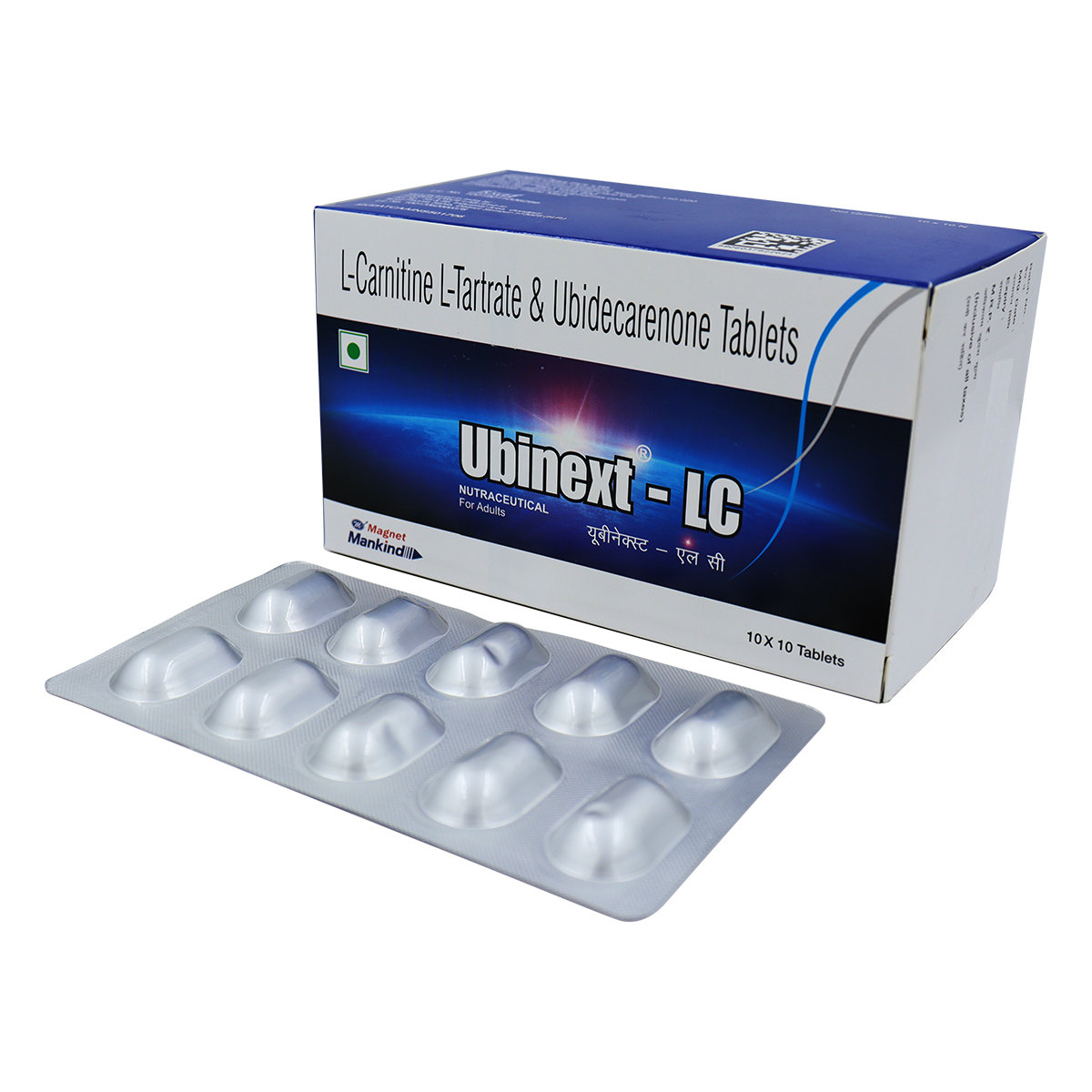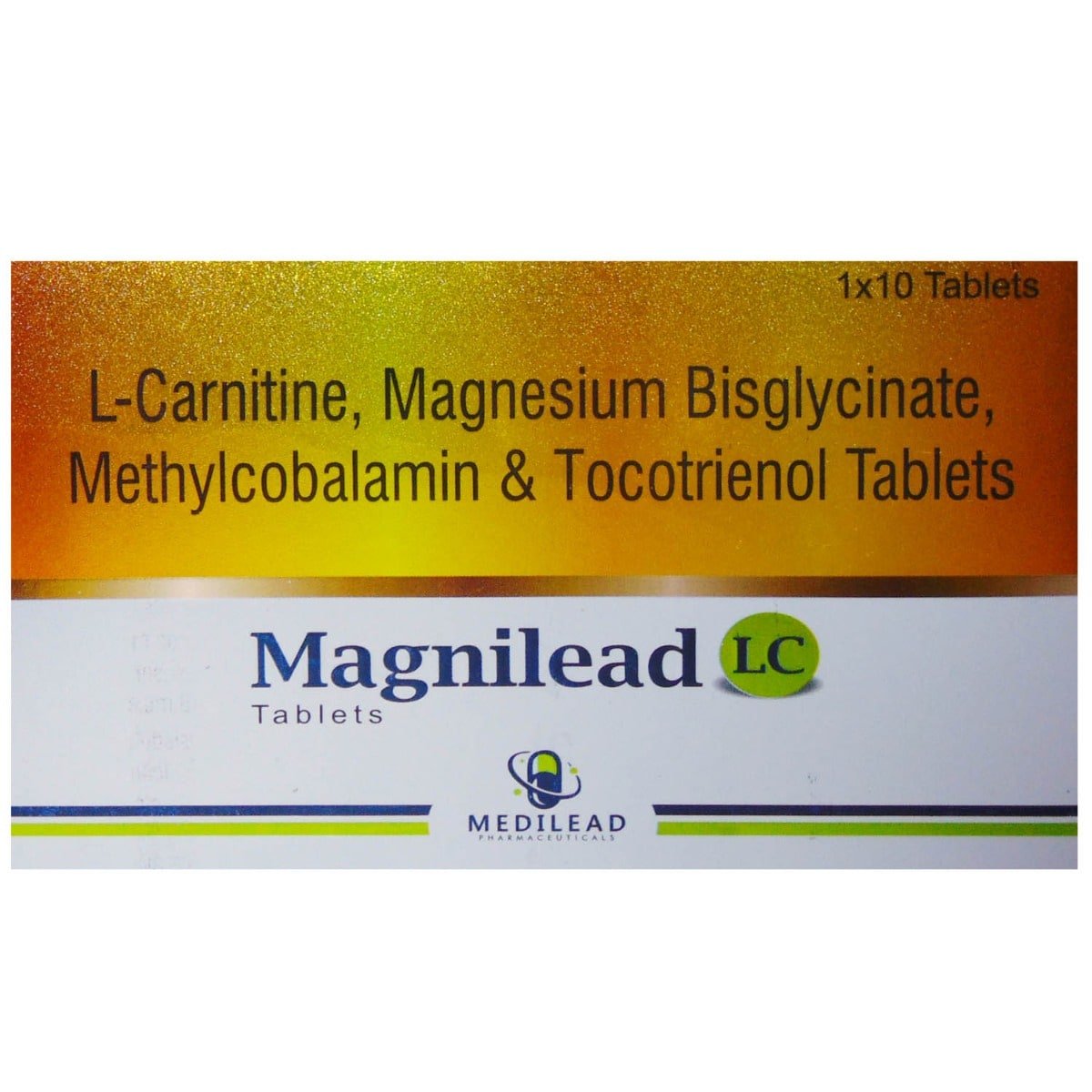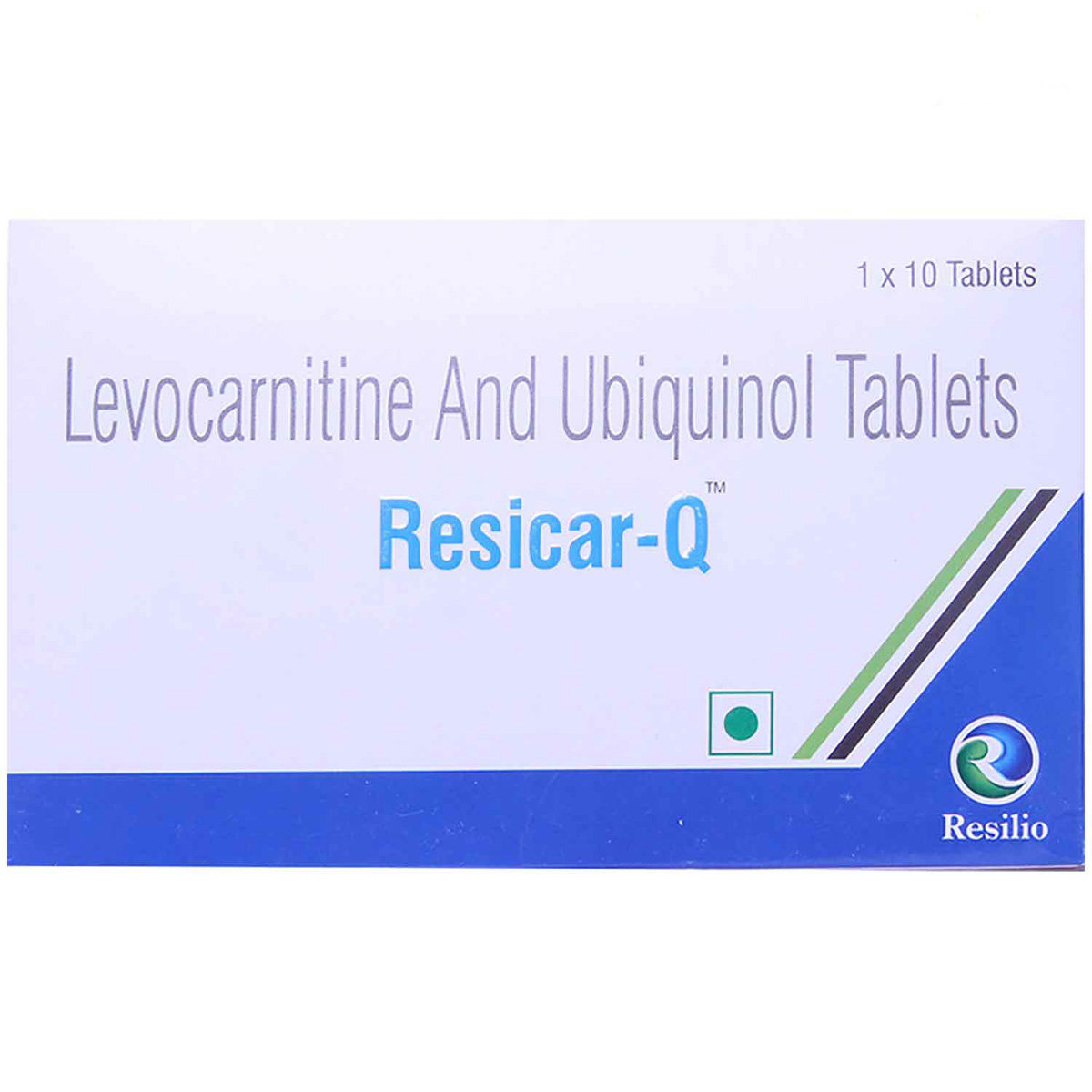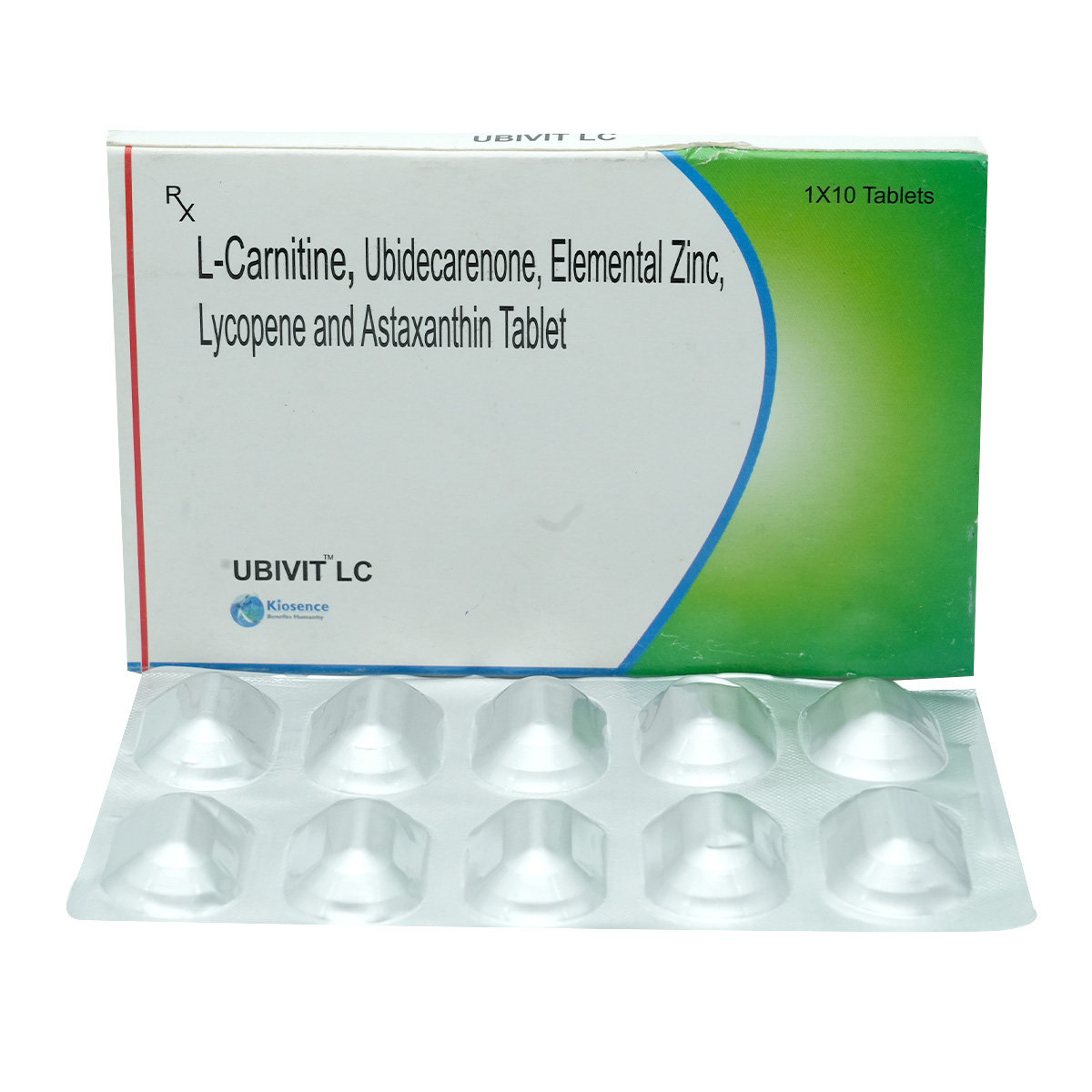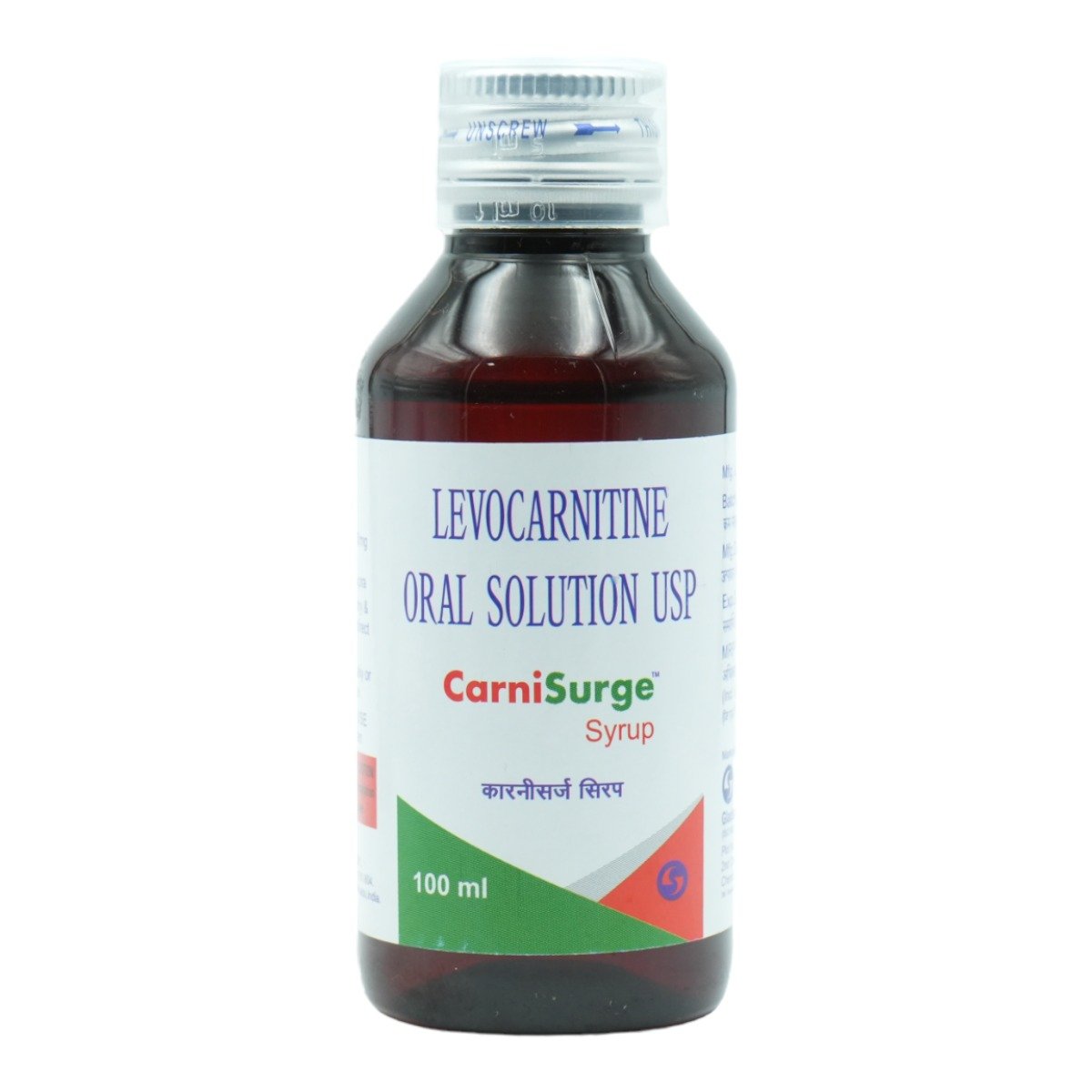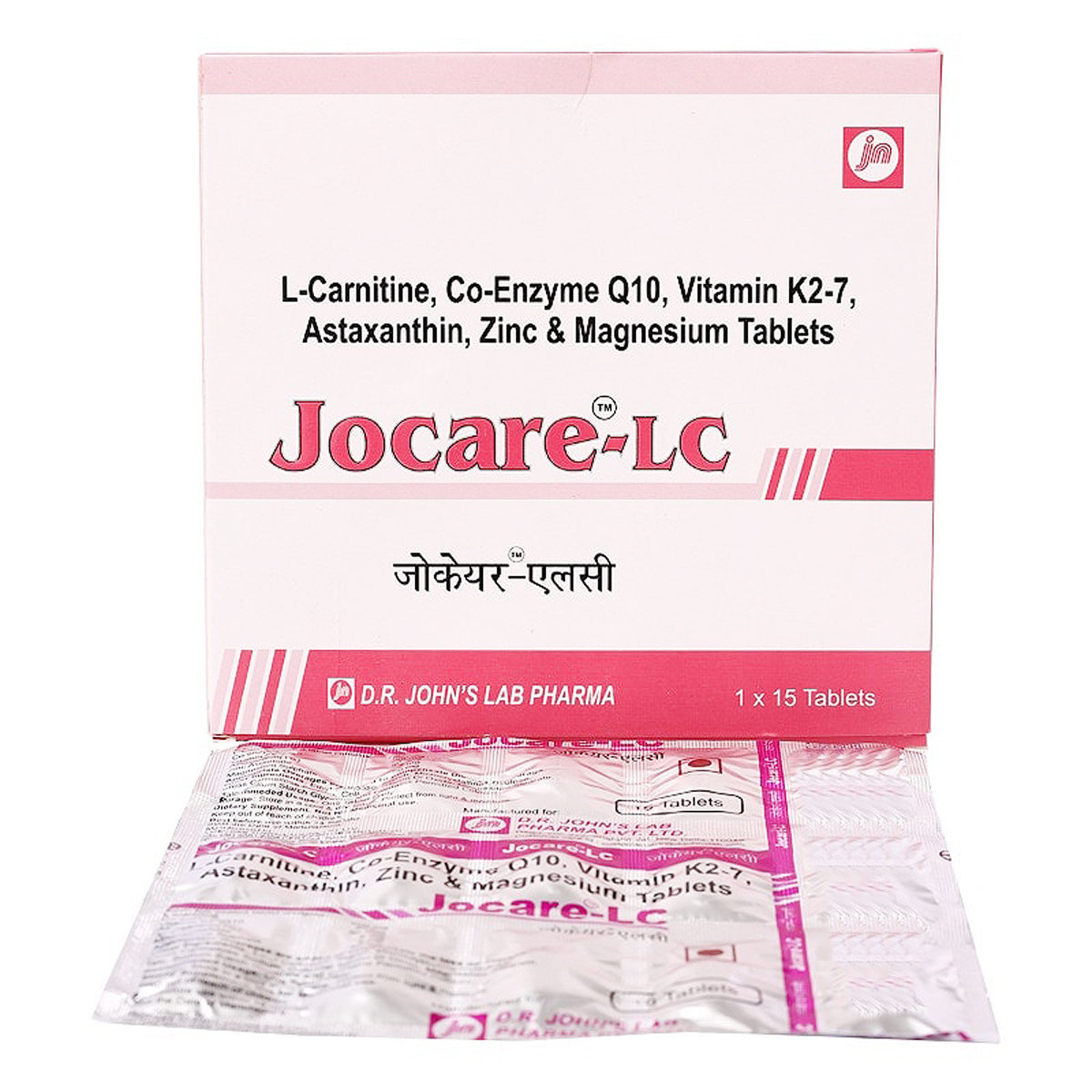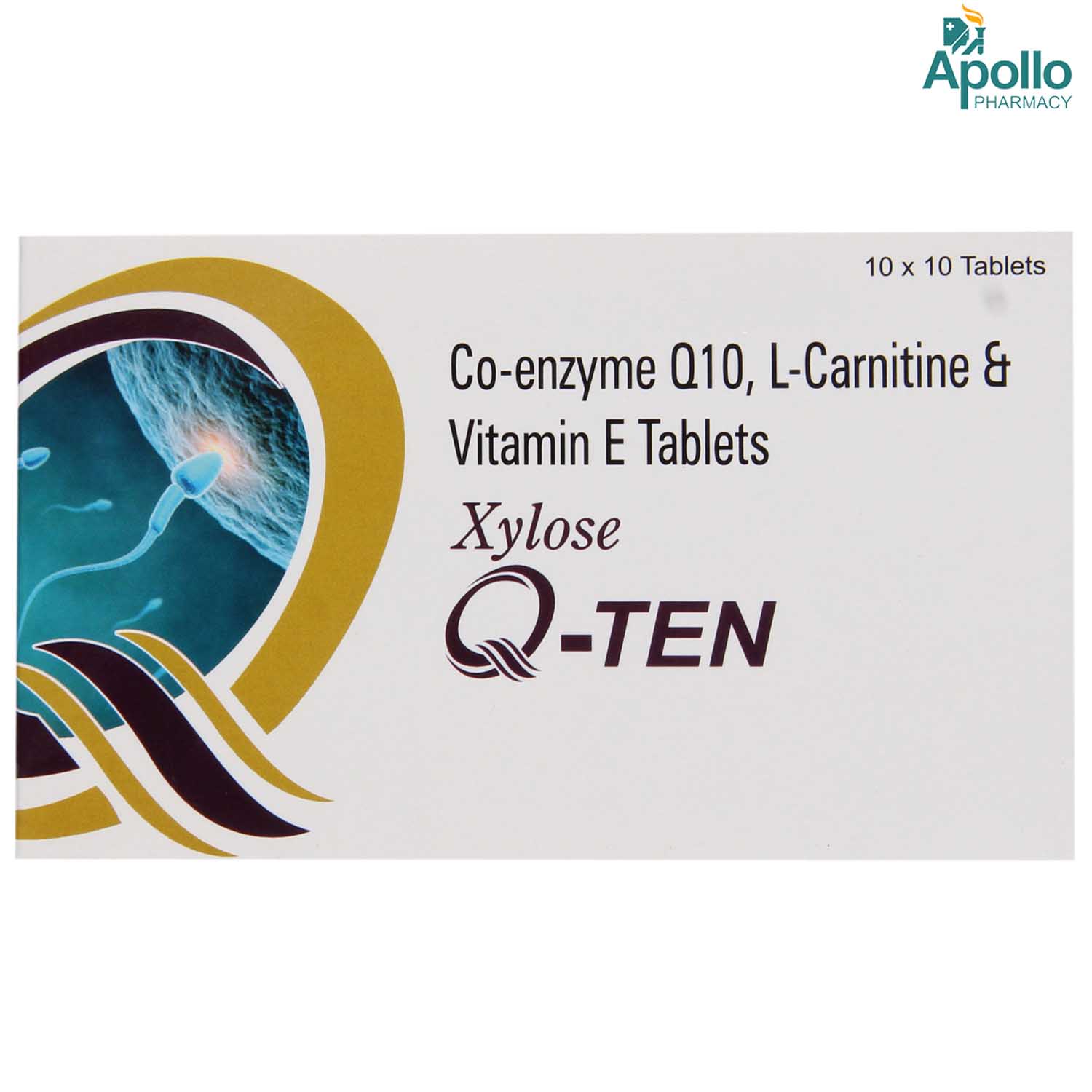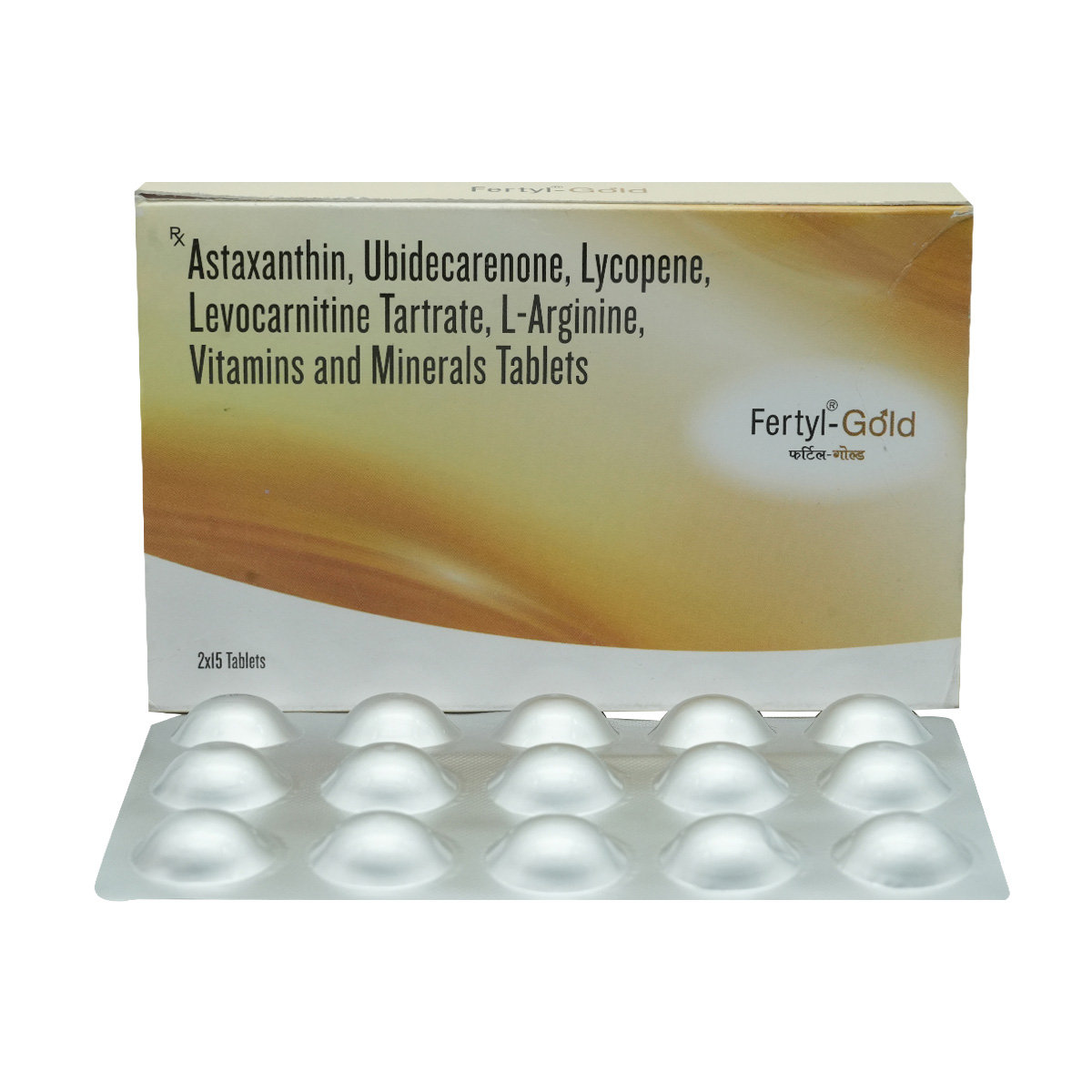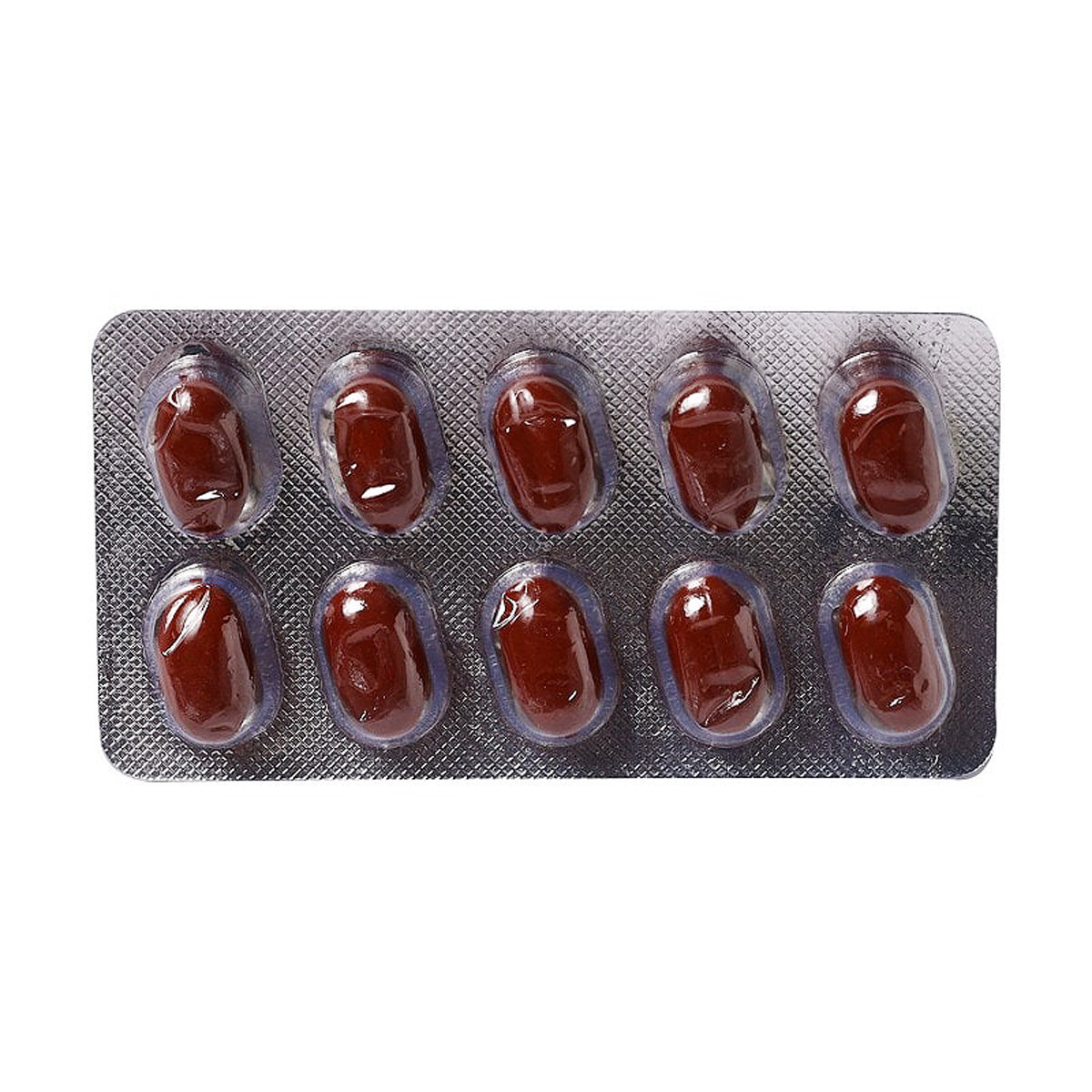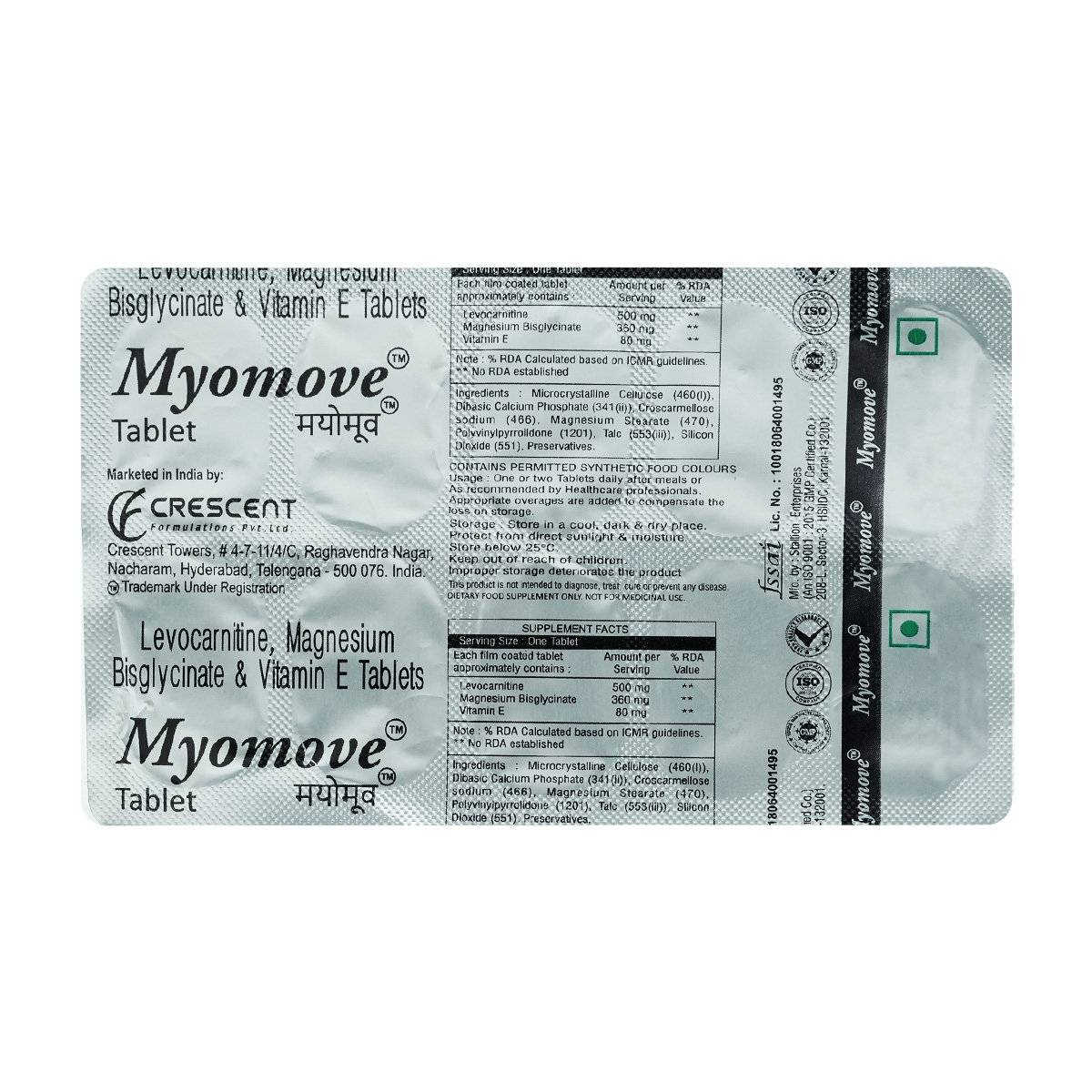Levocarnitine
About Levocarnitine
Levocarnitine is used to treat carnitine deficiency. Carnitine deficiency occurs when the body does not produce enough carnitine or cannot absorb sufficient amounts from food, even if the diet contains it.
Levocarnitine contains levocarnitine, which works by replenishing carnitine levels. Levocarnitine helps prevent or treat conditions related to carnitine deficiency, such as muscle weakness, fatigue, heart dysfunction, and delayed physical development.
Some people may experience nausea, vomiting, abdominal cramps, and diarrhoea. Most of these side effects of Levocarnitine do not require medical attention and typically resolve on their own over time. However, if the side effects persist or worsen, please consult your doctor.
Before using Levocarnitine, inform your doctor if you are allergic to this medicine or any other medications. It is essential to consult your doctor if you are pregnant or breastfeeding, as a healthcare professional should assess the safety of Levocarnitine in such conditions. You should also tell your doctor if you have a history of seizures, liver or kidney disease, diabetes, or heart problems.
Uses of Levocarnitine
• Secondary Carnitine Deficiency (SCD): Levocarnitine is used to treat both acute and chronic forms of SCD caused by inborn metabolic disorders (such as propionic acidemia, methylmalonic aciduria, and medium-chain acyl-CoA dehydrogenase deficiency) by promoting the excretion of toxic organic acids.
• Dialysis-Related Deficiency: Levocarnitine helps prevent and treat carnitine deficiency in patients with end-stage renal disease undergoing dialysis.
• Cardiac Support: Levocarnitine helps improve symptoms and enhance exercise capacity in individuals with heart problems.
• Hypothyroidism Symptoms: Levocarnitine helps alleviate symptoms like palpitations (rapid or pounding heartbeat), nervousness, and weakness associated with elevated thyroid hormone levels.
• Male Fertility: Levocarnitine is used alone or in combination with acetyl-L-carnitine to increase sperm count and sperm movement in men with fertility issues.
• Weight Management: Levocarnitine may help reduce body weight, body mass index (BMI), and fat mass, particularly in adults who are overweight or obese.
• Cognitive Support: Levocarnitine may offer benefits in improving cognitive function or slowing cognitive decline in individuals with neurodegenerative diseases (such as Parkinson's disease).
Medicinal Benefits
- Levocarnitine contains the nutritional supplement Levocarnitine, which is used to treat carnitine deficiency
- Carnitine deficiency is a condition where the body doesn’t have enough carnitine to produce energy from fats. It is beneficial for people on kidney dialysis, as dialysis can lower carnitine levels.
- By restoring these levels, levocarnitine helps reduce fatigue, muscle weakness, and low blood pressure during dialysis.
- It also supports heart health by improving energy utilisation in the heart muscles.
- It may be beneficial in certain genetic or metabolic disorders where the body is unable to process fats properly.
Directions for Use
- Levocarnitine should be taken with of after meals.
- It is recommended to follow your doctor's advice.
- Swallow Levocarnitine as a whole with a glass of water.
- Do not crush, chew, break, or open it.
Storage
Side Effects of Levocarnitine
- Nausea
- Vomiting
- Abdominal cramps
- Diarrhoea
Medicines Containing this Salt
View AllDrug Warnings
- Do not use Levocarnitine if you are allergic to it or any of its ingredients.
- Before starting this medicine, inform your doctor if you have a history of seizures, liver or kidney disease, or diabetes.
- It is also vital to share details of all medications you are currently taking, including prescription drugs, over-the-counter medicines, vitamins, and herbal supplements, to avoid potential interactions.
- Levocarnitine should not be used during pregnancy or breastfeeding unless clearly prescribed by your doctor.
- Although it is considered safe for children, medical supervision is strongly recommended before use.
- This medicine contains sucrose; therefore, please inform your doctor if you have any sugar intolerance.
Drug Interactions
Drug-Drug Interaction: Levocarnitine may interact with blood thinners (warfarin, dicumarol).
Drug-Food Interaction: No interaction found.
Drug-Disease Interaction: Levocarnitine should be used with caution in patients with severe kidney, liver disease, diabetes and seizures (fits).
Drug-Drug Interactions Checker List:
Safety Advice

Alcohol
cautionThe interaction of alcohol with Levocarnitine is unknown. However, as a precautionary measure, limit or avoid the consumption.

Pregnancy
consult your doctorTell your doctor if you are pregnant or plan to become pregnant. Your doctor will weigh the benefits and any potential risks before prescribing it to you.

Breast Feeding
consult your doctorThere are limited studies of Levocarnitine on breastfeeding women. Please consult your doctor before using Levocarnitine if you are breastfeeding.

Driving
safe if prescribedLevocarnitine is generally safe to use before driving. However, if you notice any side effects like dizziness, avoid driving and operating machinery until you feel better.

Liver
consult your doctorIf you have liver problems, inform your doctor before taking Levocarnitine. Your doctor may adjust the dose if required based on your condition.

Kidney
consult your doctorIf you have kidney problems, inform your doctor before taking Levocarnitine. Your doctor may adjust the dose if required based on your condition.

Children
consult your doctorLevocarnitine can be used in children, but only under the supervision and guidance of a doctor.
Habit Forming
Diet & Lifestyle Advise
- Eat a diet rich in whole grains, vegetables, and fruits.
- Animal products, such as meat, fish, poultry, and milk, are the best sources.
- Avoid smoking and alcohol consumption.
- Maintain a healthy weight through a balanced diet and regular physical activity.
- Increase the intake of calcium and magnesium-rich foods, including prunes, raisins, and orange juice.
- Opt for low-fat dairy products (low-fat yoghurt, fat-free milk, and cheese, etc.).
- Include more vegetables, fruits, low-fat dairy, whole grains and nuts in your diet.
- Make a habit of regular exercise for at least 30 minutes to 1 hour a day, or at least one should walk for about half an hour for good health.
- Instead of munching on chips or sweets, opt for unsalted nuts and frozen yoghurt, which are very good for your health.
- Replace refined carbohydrate-containing foods with whole grain foods and increase the intake of fruits and veggies and other fibre-enriched foods.
- Reduce intake of saturated fat (or hidden fats) in food like chips, crisps, pastries, biscuits, and samosas. Choose omega-3 fatty acid-containing oils for daily cooking. For frying, you can use palm oil, mustard oil, groundnut oil, rice bran oil, and safflower oil.
Special Advise
- Monitor your blood glucose levels regularly while using Levocarnitine.
Patients Concern
Disease/Condition Glossary
Carnitine deficiency: A carnitine deficiency occurs when the body does not absorb or get enough carnitine from food. It is essential for a healthy life. Sometimes your body is unable to absorb carnitine even if you are consuming it. Carnitine deficiency can lead to many health problems like encephalopathy (severe brain dysfunction), myopathy (muscle disease), hypoglycemia (low blood sugar), cardiomyopathy (heart problem), or swelling (oedema). Symptoms of carnitine deficiency are weakness in the hips, shoulders, upper arms, and legs, tiredness (fatigue), irritability, and delayed motor development.
FAQs
Levocarnitine is used to treat carnitine deficiency, including in people with kidney disease who are on dialysis. During dialysis, the body can lose significant amounts of carnitine, which is essential for producing energy. On the other hand, some people are unable to absorb enough carnitine from their diet. A lack of carnitine can lead to problems like muscle weakness, tiredness, low blood pressure during dialysis, and heart or liver issues. Levocarnitine helps restore normal carnitine levels in the body and can improve energy, muscle strength, and overall well-being.
Levocarnitine works by increasing carnitine levels in the body, which helps turn fat into energy. Carnitine is essential for muscles and the heart, as it helps move fatty acids into cells, where they are used for energy. When the body lacks sufficient carnitine due to kidney problems, certain medications, or other conditions, Levocarnitine helps restore balance, improving energy and reducing symptoms such as weakness and fatigue.
You are recommended to take Levocarnitine for as long as your doctor has prescribed it. However, if the symptoms persist or worsen with diarrhea, stomach pain, nausea, and vomiting, please consult your doctor.
There are limited studies of Levocarnitine on breastfeeding women. Please consult your doctor before using Levocarnitine if you are breastfeeding. Your doctor will weigh the benefits and any potential risks before prescribing it to you.
The best time to take Levocarnitine is with or after meals, usually 2 to 3 times a day, as directed by your doctor. Taking it with food helps improve absorption and reduces the risk of stomach upset. However, the timing may vary depending on factors such as your medical condition, response to treatment, and other medications you are taking. Always follow your doctor's instructions for the most effective and safe use.
In some patients, warfarin, when taken along with Levocarnitine, may increase the time required for the formation of blood clots. Hence, before starting Levocarnitine, inform your doctor if you are taking warfarin.
The common side effects of Levocarnitine include nausea, vomiting, abdominal cramps, and diarrhoea. Most of these side effects of Levocarnitine do not require medical attention and gradually resolve over time. However, if the side effects persist or worsen, please consult your doctor.

